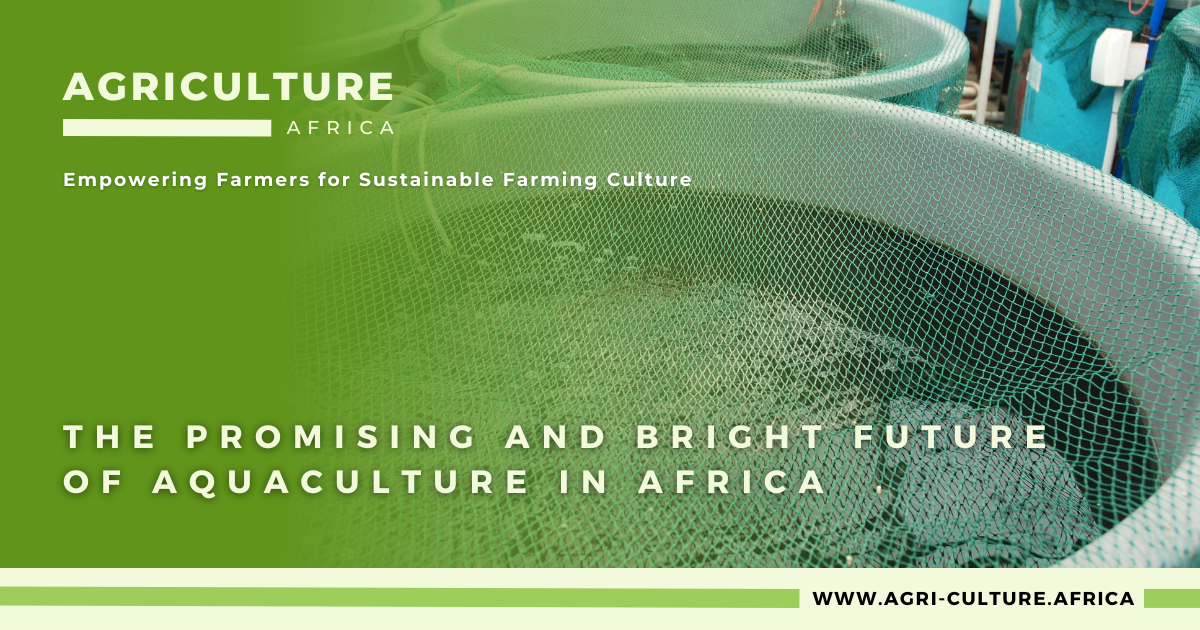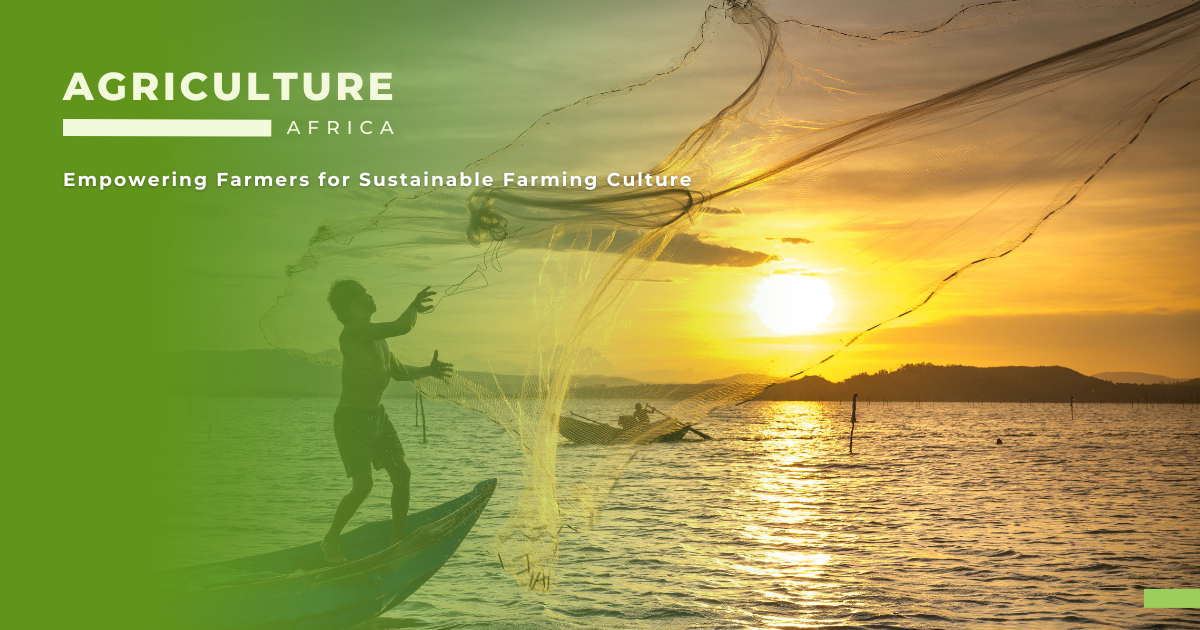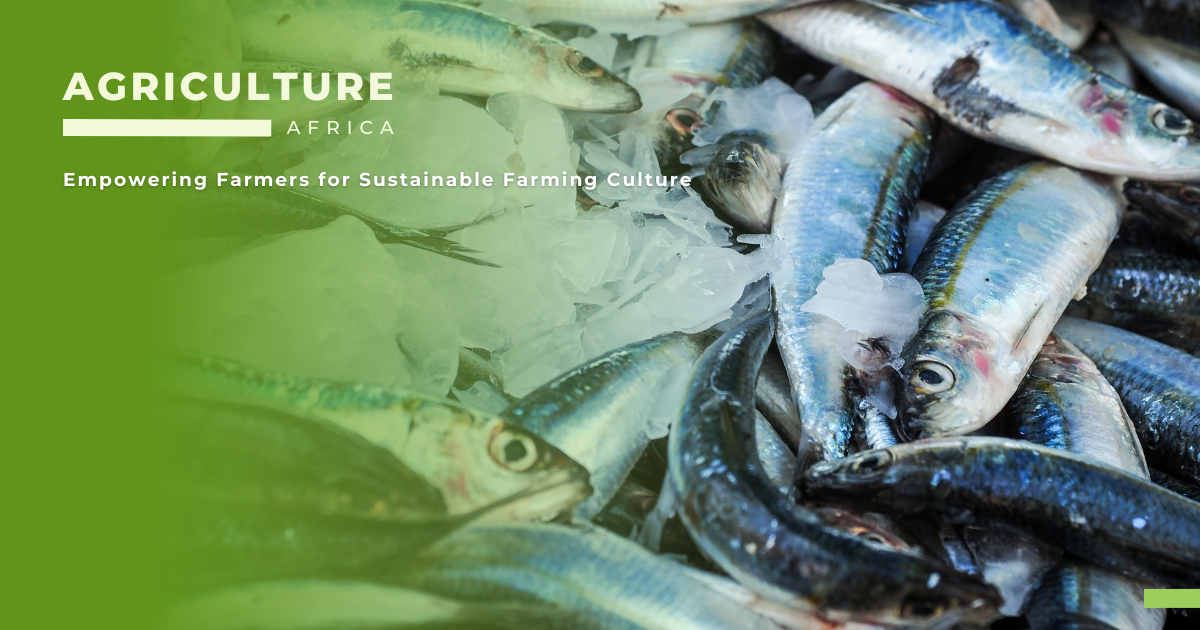
Empowering African Farmers for Sustainable Farming Culture
Aquaculture is the cultivation of aquatic organisms such as fish, crustaceans, mollusks, and aquatic plants, also known as fish farming. Aquaculture has been practised since ancient times, with evidence of fish farming in Egypt and China. Aquaculture is now a significant industry worldwide, providing food for millions of people.
Aquaculture is becoming increasingly popular in Africa as a means of ensuring food security and creating economic opportunities. In this article, we will provide an overview of the African aquaculture industry, including its history, current state, and potential for future growth. We will also talk about the industry’s challenges and opportunities.
Aquaculture has been practised for centuries in Africa. Fish farming was an important part of Egypt’s economy in the Nile River Valley, and the ancient Egyptians built ponds and canals to raise fish. Tilapia and catfish were raised in small ponds and rice fields in West Africa.
Modern aquaculture in Africa, on the other hand, began in the 1950s, when European colonisers introduced trout and salmon farming to the continent. Until the 1980s, when the Food and Agriculture Organisation (FAO) and other international organisations began to promote aquaculture as a means of food security, the industry grew slowly.

Aquaculture is now an important industry in Africa, providing food and income to millions of people. According to the FAO, Africa produced over 3.5 million metric tonnes of fish in 2018, with aquaculture accounting for approximately 1.5 million metric tonnes. Egypt is Africa’s leading producer of farmed fish, followed by Nigeria, Uganda, and Zambia.
The majority of aquaculture in Africa is done on a small scale by farmers using simple techniques such as earthen ponds, cages, and pens. The most common fish species farmed in Africa are tilapia, catfish, and carp, which thrive in the continent’s warm climate and can be raised in simple systems.
Aquaculture has numerous advantages for African communities. It provides a consistent source of protein and essential nutrients, which can aid in the fight against malnutrition. Fish are another important source of income, and aquaculture can provide jobs for farmers and fish processors.
Aquaculture can also be advantageous to the environment. Fish farming has the potential to reduce pressure on wild fish stocks, which are frequently overfished in African waters. Crops can also be grown in aquaculture ponds, reducing the need for fertilisers and other chemicals.

Despite its numerous advantages, aquaculture in Africa faces a number of challenges. One of the most serious issues is a lack of investment and infrastructure. Many farmers lack access to financing and technical assistance, and feed, equipment, and other inputs are in short supply.
Another issue is the absence of a favourable policy and regulatory environment. Governments must develop policies and regulations that promote the growth of the aquaculture industry, such as national aquaculture strategies, investment promotion, and the establishment of a regulatory framework.
Despite these challenges, the future of aquaculture in Africa is bright. The industry has enormous growth potential, and there are many opportunities for investors and entrepreneurs. The FAO has identified several key areas for growth, including:
Your donation fuels change! Help Agriculture Culture in Africa empower farmers with resources, training, and access to innovation. Together, we can revolutionize African agriculture.
Empowering Sustainable Growth and Innovation in African Agriculture
Sign up to our newsletter